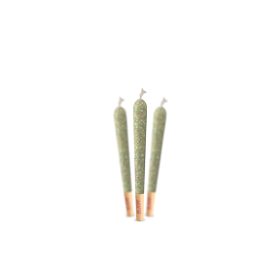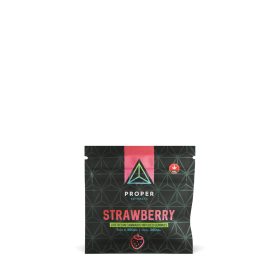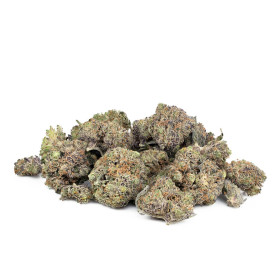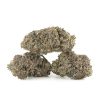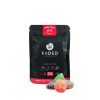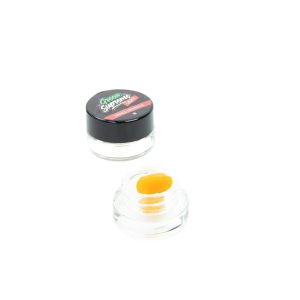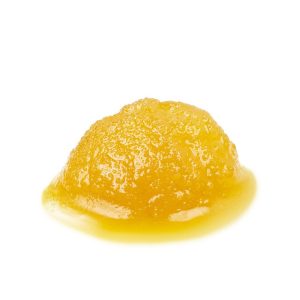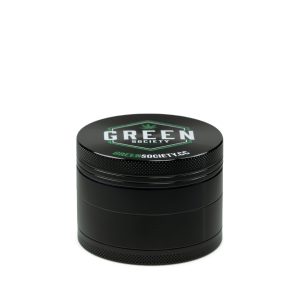Marijuana
A Global Look at Hash Prices: A Guide for Canadians
Cannabis hash, often just called hash, holds a significant place in the culture and market of cannabis products. For Canadians exploring the global cannabis scene, understanding the intricacies of hash prices can be both enlightening and economically beneficial. This article delves into the reasons behind the varying prices of hash compared to marijuana, explores average costs, and offers guidance for those looking to make informed, budget-conscious choices.
Understanding Hash Prices Globally
Why Is Hashish Cheaper Than Marijuana?
The pricing dynamics between hashish and marijuana reveal much about their production and demand. Generally, hash is often perceived to be cheaper than marijuana, especially in regions where it’s traditionally produced. This cost difference primarily stems from the production process and the parts of the plant used. Hash is made by compressing the resin (kief) of the cannabis plant, which can be collected efficiently from trimmings and other plant parts that might otherwise go to waste. In contrast, marijuana buds require more space, time, and resources to cultivate, contributing to their higher price. Additionally, in regions with a long history of hash production like Morocco, the established methods and scale of production can further reduce costs.
The Global Price Spectrum
The price of hash varies significantly across different countries, influenced by factors like legality, local demand, production costs, and importation taxes. In Canada, where cannabis is legal for both medicinal and recreational purposes, the market is regulated, and prices reflect quality, production costs, and taxation. Conversely, in countries with less regulation or where cannabis remains illegal, prices can be lower but come with higher risks.
What Is the Average Price of 1 Gram of Hash?
Globally, the price of 1 gram of hash can vary widely. In Canada, consumers might expect to pay anywhere from CAD 10 to CAD 30 for a gram of quality hash, depending on the source and quality. This range is similar in parts of Europe where cannabis products are either legal or decriminalized. However, in countries with less regulation or where production is more localized, prices can be significantly lower.
How Much Can a Pound of Hash Cost?
A pound of hash represents a substantial quantity, often reflecting wholesale rather than retail pricing. In Canada, the cost for a pound can range from CAD 2,500 to CAD 8,000, reflecting variations in quality, origin, and availability. This price range is indicative of the legal, regulated market, which often includes rigorous testing and quality control measures, contributing to higher costs compared to unregulated markets.
Factors Influencing Hash Prices
Several key factors influence the global prices of hash:
- Legality and Regulation: In countries with legal, regulated cannabis markets, taxes and compliance costs can increase prices. Conversely, in regions where cannabis is illegal or less regulated, prices can be lower but come with legal risks.
- Production Costs: The cost of producing hash depends on the method used, the quality of the cannabis plant material, and the scale of production. Traditional hand-rubbed methods are labor-intensive but have lower overhead costs than mechanized processes.
- Demand: High demand in areas with limited supply can drive up prices. In contrast, in regions with abundant production, prices may be lower.
- Quality and Purity: Higher-quality hash, characterized by purity, potency, and the absence of contaminants, typically commands higher prices.
Tips for Budget-Conscious Canadians
For Canadians seeking value in their hash purchases, here are some practical tips:
- Educate Yourself: Understanding the types of hash available and their typical market prices can help you make informed decisions.
- Buy in Bulk: If possible, purchasing larger quantities can often reduce the price per gram. However, be mindful of legal possession limits in Canada.
- Explore Different Sources: Prices can vary between dispensaries and online retailers. Shop around to find the best deals while ensuring the quality and legality of the product.
- Consider Homemade Hash: For those with access to cannabis plant material, making your own hash can be cost-effective. Simple methods like the ice water extraction can yield good quality hash with a bit of effort and minimal expense.
Conclusion
For Canadians interested in the global hash market, understanding the nuances of hash pricing is crucial for making informed, economical choices. By considering factors like legality, production costs, and quality, and by employing strategies for cost savings, Canadians can enjoy the diverse world of hash without breaking the bank.

